What’s old is new again: In Stile Moderno will perform ‘modern’ music from 1600s Italy in Greenfield and Northampton
|
Published: 03-01-2024 11:36 AM
Modified: 03-04-2024 10:23 AM |
In Stile Moderno, an early music ensemble founded in Basel, Switzerland, and named after the “modern style” of music that emerged in Italy around 1600, is coming this month to Greenfield and Northampton to perform a show titled “Madrigals of Claudio Monteverdi.”
The performance will include five vocalists and a rare chance to hear the theorbo, a plucked string instrument in the lute family, and will feature songs from 17th century Italian composer Claudio Monteverdi, whose music is a bridge between the Renaissance and Baroque periods.
A free-admission short preview concert will take place on Thursday, March 7 at 12:15 p.m. at the Church of Saints James and Andrew in Greenfield. A full-length program will be performed on Friday, March 8 at 7:30 p.m. at the Edwards Church in Northampton, for which general admission tickets cost $25.
The ensemble typically operates on a seasonal schedule, running two to three shows per season. Their spring season features madrigals, a form of secular vocal music, from Monteverdi, who in his later career began to push boundaries of genre to create dramatic and complex music.
In Stile Moderno is directed by Agnes Coakley Cox and Nathaniel Cox, who relocated from Boston to Greenfield in 2022. “We’d love to develop more of an audience base in the Pioneer Valley overall,” Agnes Cox said. “We really love it here. I think it’s been the best decision ever really for our family … we found it was so easy to make connections here.”
Of the performances, Cox said, “It’s all going to be in Italian … but we do a good bit of talking to the audience to kind of introduce them to what they’re hearing, to set the stage.”
Along with Agnes Cox, a soprano, the performance’s vocalists are baritone Adam Simon, mezzo-soprano Julia Cavallaro, tenow Corey Hart and bass Andrew Padgett.
To accompany the vocalists, Nathaniel Cox will be playing the theorbo, “a very long-necked lute … that was commonly used to accompany singers in the 17th century” and is famous for its “deep and gentle sound,” according to a press release.
Article continues after...
Yesterday's Most Read Articles
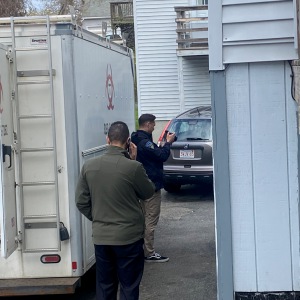 Authorities ID victim in Greenfield slaying
Authorities ID victim in Greenfield slaying
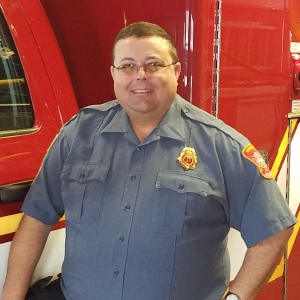 State records show Northfield EMS chief’s paramedic license suspended over failure to transport infant
State records show Northfield EMS chief’s paramedic license suspended over failure to transport infant
 Police report details grisly crime scene in Greenfield
Police report details grisly crime scene in Greenfield
 New buyer of Bernardston’s Windmill Motel looks to resell it, attorney says
New buyer of Bernardston’s Windmill Motel looks to resell it, attorney says
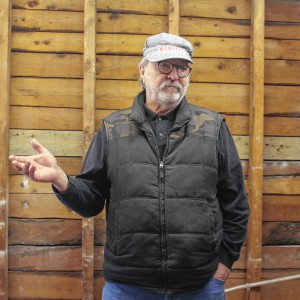 McGovern, Gobi visit development sites in Greenfield, Wendell
McGovern, Gobi visit development sites in Greenfield, Wendell
 High schools: Seventh-inning rally helps Turners Falls softball edge Frontier 6-3 (PHOTOS)
High schools: Seventh-inning rally helps Turners Falls softball edge Frontier 6-3 (PHOTOS)
The Cox’s met in Switzerland while pursuing graduate degrees in early music (music composed roughly from the years 400 to 1750). It was in Switzerland that their idea to form a small vocal ensemble was born.
“I think classical music in general and maybe especially early music has a bit of an issue with audiences being older.” Agnes Cox said. “But I have found that, usually, whenever we manage to get someone to come to one of our concerts, who has never listened to this kind of music before … almost always, as long as we can get them there, they find something to enjoy.”
Agnes Cox explained that listening to music in a foreign language can be “a bit of a hurdle.” But in Monteverdi’s music, “the emotions of joy, sorrow or playfulness come through even if you are not following every word.”
“Engaging in early music reminds us that certain basic human experiences have stayed constant across the eras. At the same time, it can be intellectually very interesting to reflect on how different the world is not from 400 years ago,” she said.

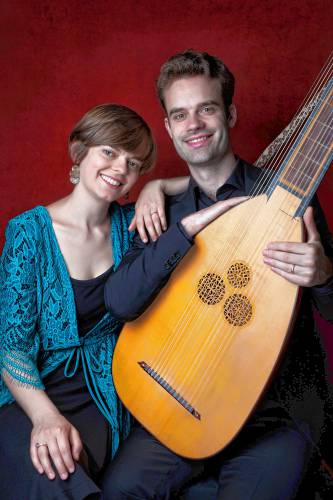
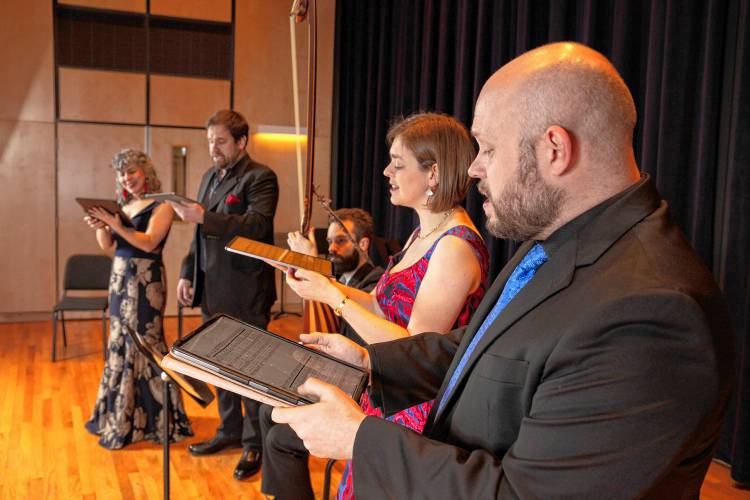
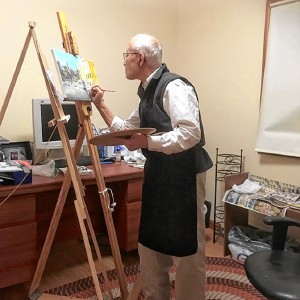 Proof that it’s never too late: Solo exhibit and free workshops honor the late Frederick Gao, a Belchertown resident who became a painter in his last five years
Proof that it’s never too late: Solo exhibit and free workshops honor the late Frederick Gao, a Belchertown resident who became a painter in his last five years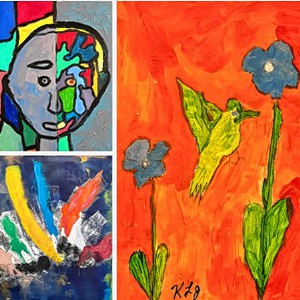 Self-expression on display: ServiceNet members’ artworks on view at Greenfield Public Library through end of May
Self-expression on display: ServiceNet members’ artworks on view at Greenfield Public Library through end of May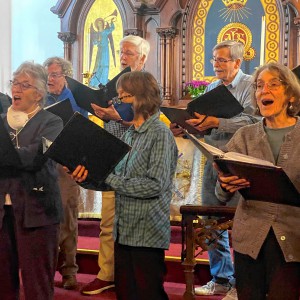 Embracing both new and old: Da Camera Singers celebrates 50 years in the best way they know how
Embracing both new and old: Da Camera Singers celebrates 50 years in the best way they know how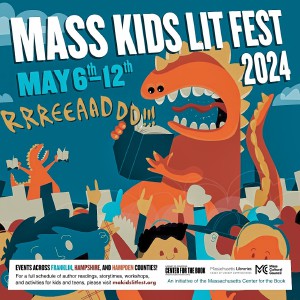 Time to celebrate kids and books: Mass Kids Lit Fest offers a wealth of programs in Valley during Children’s Book Week
Time to celebrate kids and books: Mass Kids Lit Fest offers a wealth of programs in Valley during Children’s Book Week
